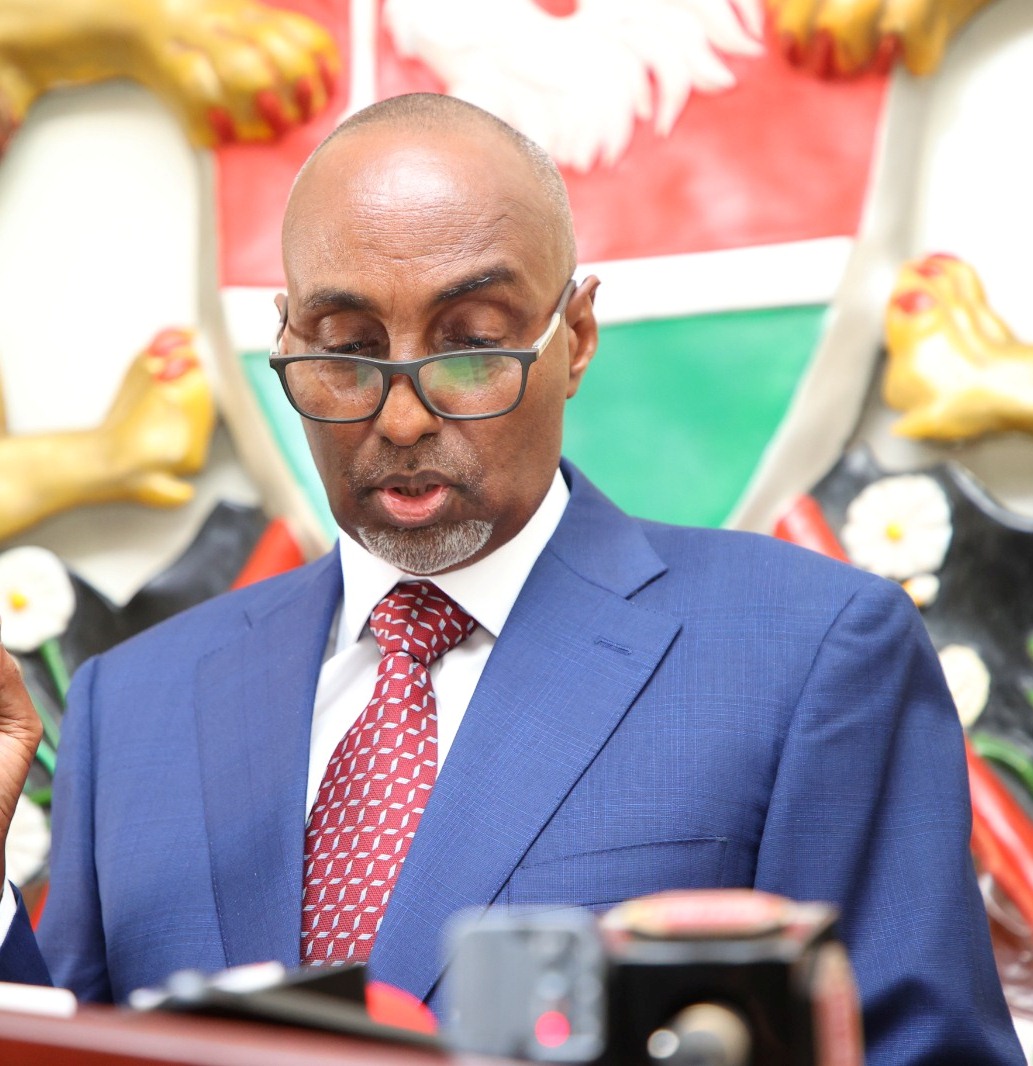The board is crippled by more than KSh 10 billion in unpaid arrears owed collectively by the national and county governments. This financial paralysis has left the agency unable to buy grain from farmers or even recruit staff to replace long-serving officers who retired years ago.
A far more significant scandal is unfolding in Kenya’s maize basket. In 2022, the government unveiled mobile grain dryers, a project touted as a game-changer against post-harvest losses. More than ten dryers, each costing millions of shillings, were distributed across Trans Nzoia, West Pokot, Baringo, and Elgeyo Marakwet.
Two years later, not a single one is operational. The reason? No trained staff to run them. They now lie abandoned in depots, rusting in the rain, as tonnes of maize rot in the fields.
For farmers preparing for a bumper maize and wheat harvest this season, the dryers would have been the difference between profit and loss. Instead, they face the grim reality of selling at throwaway prices or watching their harvest spoil in the wet season.
“They gave us machines and walked away,” one farmer in Trans Nzoia told our writer. “It is better they had given us nothing than waste money this way.”
Why would the government pour millions into buying machines without a plan to operate them? Why has NCPB been left to bleed under debt while farmers are abandoned? Senators visiting the region last week demanded answers, but farmers say they have heard promises before and seen little change.
The story of NCPB is no longer just about unpaid debts or idle equipment. It is about a state agency drifting into irrelevance, a government unable to protect farmers, and taxpayers’ money wasted with no accountability.
If nothing changes, Kenya’s granary may soon turn into a graveyard of wasted harvests and shattered promises.
[/full]






